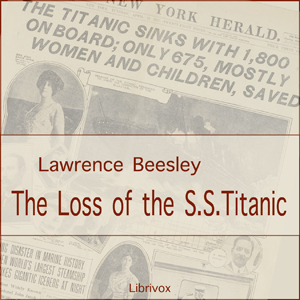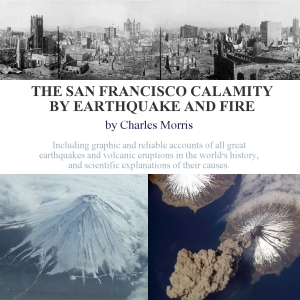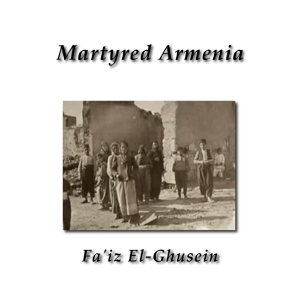- Chapter 7 Disembarkation in the Rif
- Chapter 8a The French in Morocco
- Chapter 8b The French in Morocco
- Chapter 9 The French Campaign: Spring, 1925
- Chapter 10 The French Campaign: Summer, 1925
- Chapter 11 In Search of Peace
- Chapter 12a The Ujda Conference
- Chapter 12b The Ujda Conference
- Chapter 13 Surrender of Abdel Krim
The Guerra del Rif—the Rif War. 1921 to 1926. It was the slogging bloody 5-year long climax of Spain’s effort to secure dominion over a territory in North Africa allotted them by France; A chapter instigated over a cause no less profane than a mining concession and which would prove to be an unmitigated disaster for all involved; the Spanish, the French and the Iriffiyen.
This attempted salve for a nation’s wounded prestige would leave more than forty thousand Spaniards as casualties, the nation humiliated and irrevocably destabilize the Spanish state—directly leading to the dethronement of Alfonso XIII, civil war and the rise of Franco. The French Republic would be sucked into the conflict while enforcing their own colonial designs on Morocco and would suffer—only—eighteen thousand casualties. The war evoked widespread condemnation from the left in France and provided an exemplar for anti-colonial revolt which would go on to haunt them for many decades hence.
Finally, Abd El-Krim’s Republic of the Rif would (eventually) be crushed under the weight of an opposing army of almost half-a-million soldiers as well as hundreds of tanks and aircraft. During the war, the Spanish and French widely employed chemical weapons against Rifian civilian populations. As a side note, also during the war Spain and France signed the Geneva Protocol prohibiting the use of chemical weapons—though the treaty didn’t come into effect until 1928.
⸮ It is one thing to make a stand on moral principle, after all, but quite another to let perfectly good stockpiles of phosgene and mustard gas go to waste.~
Throughout the duration of this particularly brutal and senseless war the correspondent covering it for The Times was Walter Burton Harris, British expat and author of this book, who had deep connections in Morocco having settled there in 1887 and travelled widely within the country.
This is his account. - Summary by Alister
Part 1 can be found at: https://librivox.org/france-spain-and-the-rif-part-1-by-walter-burton-harris/
This attempted salve for a nation’s wounded prestige would leave more than forty thousand Spaniards as casualties, the nation humiliated and irrevocably destabilize the Spanish state—directly leading to the dethronement of Alfonso XIII, civil war and the rise of Franco. The French Republic would be sucked into the conflict while enforcing their own colonial designs on Morocco and would suffer—only—eighteen thousand casualties. The war evoked widespread condemnation from the left in France and provided an exemplar for anti-colonial revolt which would go on to haunt them for many decades hence.
Finally, Abd El-Krim’s Republic of the Rif would (eventually) be crushed under the weight of an opposing army of almost half-a-million soldiers as well as hundreds of tanks and aircraft. During the war, the Spanish and French widely employed chemical weapons against Rifian civilian populations. As a side note, also during the war Spain and France signed the Geneva Protocol prohibiting the use of chemical weapons—though the treaty didn’t come into effect until 1928.
⸮ It is one thing to make a stand on moral principle, after all, but quite another to let perfectly good stockpiles of phosgene and mustard gas go to waste.~
Throughout the duration of this particularly brutal and senseless war the correspondent covering it for The Times was Walter Burton Harris, British expat and author of this book, who had deep connections in Morocco having settled there in 1887 and travelled widely within the country.
This is his account. - Summary by Alister
Part 1 can be found at: https://librivox.org/france-spain-and-the-rif-part-1-by-walter-burton-harris/
There are no reviews for this eBook.
There are no comments for this eBook.
You must log in to post a comment.
Log in











